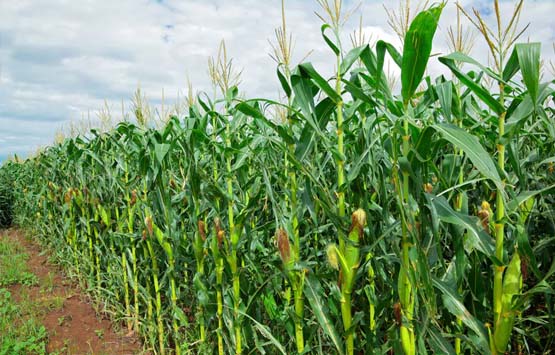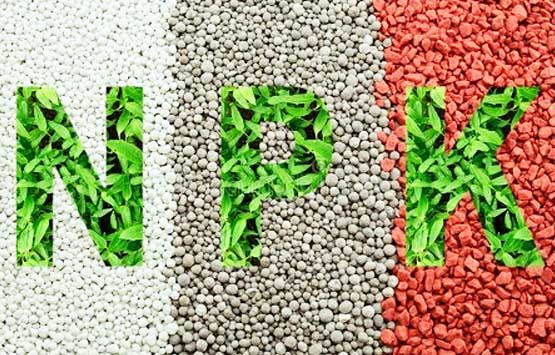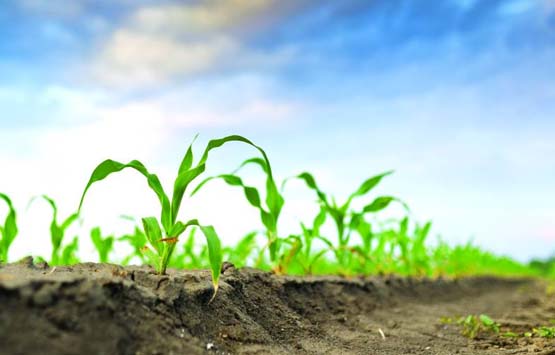We Feed The Nation | Premium Quality Micro-Nutrient Mixture Fertilizers & Pesticides
- Customer Care: +91-9881036163
- info@wellindiacrop.com
Why do we need fertilizers?
Crops require a balanced diet of essential nutrients throughout their growth cycle.
Many of these essential nutrients can be found in the soil, but often in insufficient quantities to sustain high crop yields. Soil and climatic conditions can also limit a plant’s uptake of nutrients at key growth stages. Plants need 13 essential minerals, all of which play a number of important functions. If any of these is lacking, plant growth and yield suffer.
Crop Needs
Each crop needs a different range of nutrients at every critical stage of its development.
For example, nitrogen and phosphorous are often more critical at early stages of growth to fuel root and leaf development, whereas zinc and boron are important during flowering.
Cereal crops use nutrients for growth, progressively moving them from the roots, leaves and stems into the ear prior to the dying off and harvesting of the grain.
Tree crops have different nutrient requirements than field crops. They can store nutrients like nitrogen within their trunk, branches and leaves and then redistribute them at key points during the growth cycle. It is important, however, to supply trees with replacement levels of the nutrients removed in the harvested fruit and those that are critical for growth but can’t be recycled.
Cereal crops use nutrients for growth, progressively moving them from the roots, leaves and stems into the ear prior to the dying off and harvesting of the grain.
Tree crops have different nutrient requirements than field crops. They can store nutrients like nitrogen within their trunk, branches and leaves and then redistribute them at key points during the growth cycle. It is important, however, to supply trees with replacement levels of the nutrients removed in the harvested fruit and those that are critical for growth but can’t be recycled.
Major Nutrients
Major nutrients, nitrogen (N) is often required in the greatest quantity by crops, primarily for vigor and yield. Nitrogen plays a key role in chlorophyll production and protein synthesis. Chlorophyll is the green plant pigment responsible for photosynthesis.
Phosphorus (P), is a vital component of adenosine triphosphate (ATP) which supplies the energy for many processes in the plant. Phosphorus rarely produces spectacular growth responses, but is fundamental to the successful development of all crops.
Potassium (K) is needed by virtually all crops and often in higher rates than nitrogen. Potassium regulates the plant’s water content and expansion.
Phosphorus (P), is a vital component of adenosine triphosphate (ATP) which supplies the energy for many processes in the plant. Phosphorus rarely produces spectacular growth responses, but is fundamental to the successful development of all crops.
Potassium (K) is needed by virtually all crops and often in higher rates than nitrogen. Potassium regulates the plant’s water content and expansion.
Secondary Nutrients
Secondary nutrients needed at lower levels than nitrogen, phosphorus and potassium (NPK), calcium (Ca) is perhaps the most important. Calcium strengthens cell walls, helping to reduce bruising and disease in fruit, salad and vegetable crops. This means that a good supply of calcium produces food crops that are less prone to damage and have a longer shelf life. Crops short in calcium will have growth disorders such as corky skin.
Magnesium (Mg) is also important for crop quality, but is also a key component of leaf chlorophyll and the enzymes that support plant growth. Low magnesium leads to reduced photosynthesis, which severely limits crop yields.
Sulfur (S) is an essential part of many amino acids and proteins. Without both S and Mg, crops suffer; growth slows and leaves turn pale or yellow. Sulfur is particularly important for ensuring the protein content of cereal crop grains.
Magnesium (Mg) is also important for crop quality, but is also a key component of leaf chlorophyll and the enzymes that support plant growth. Low magnesium leads to reduced photosynthesis, which severely limits crop yields.
Sulfur (S) is an essential part of many amino acids and proteins. Without both S and Mg, crops suffer; growth slows and leaves turn pale or yellow. Sulfur is particularly important for ensuring the protein content of cereal crop grains.



